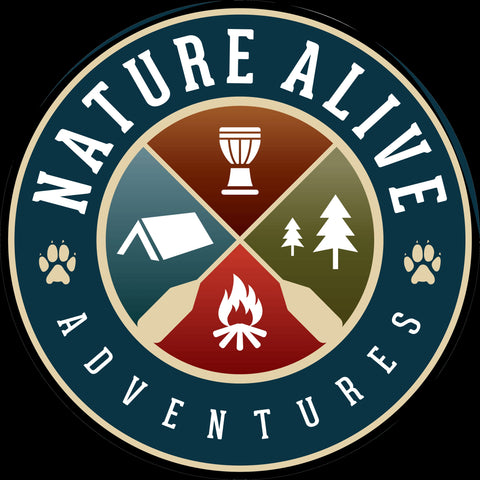Defining Bushcraft, Survival, Outdoor Education, Woodcraft, and Primitive Skills
Modern Survival Skills Defined:
Modern Survival Courses teach the skills required to deal with sudden, short-term, and life threatening situations when participating in outdoor pursuits such as canoeing, hiking, climbing, backcountry camping, wilderness travel, and working in remote areas. It can also be applied to sudden life threatening situations such as plane crashes, battlefields, disasters, famine, and other traumatic situations.
Bushcraft Defined:
"Bushcraft is about surviving and thriving in the natural environment, and the acquisition of skills and knowledge to do so. Bushcraft skills include; firecraft, tracking, hunting, shelter building, the use of tools such as knives and axes, foraging, hand-carving wood, container construction from natural materials, rope and twine-making, and many others." - Bushcraft Wikipedia
Outdoor Education Defined:
A broad area that can be simply defined as experiential learning in, for, or about the outdoors. Outdoor Education topics can include; nature awareness, plant and animal identification, hiking, snowshoeing, biking, climbing, canoeing, birding, camping, environmental education, conservation education, adventure education, school camping, wilderness therapy, and more. Outdoor Education often involves small groups actively engaged in adventurous activities for personal growth under the guidance of an instructor or leader.
Woodcraft — or Woodlore
"Denotes skills and experience in matters relating to living and thriving in the woods -- such as hunting, fishing, and camping -- whether on a short or long-term basis. Traditionally, woodcraft pertains to subsistence lifestyles, with implications of hunting-gathering. In more recent times, and in developed countries, it relates more to either outdoor recreationalism or survivalism." - Wikipedia.
Primitive Technology or Primitive Skills
Denotes skills and experience gained from studying and practising innovative human developments from ancient to pre-modern, and how they were utilized in their relevant time period, to help cultures and societies live and advance. For example, the ability to start a fire substantially changed the way humans could live on our planet, and so by studying how this skill was accomplished we can then attempt to repeat or simulate it. Another example would be to study how ancient Egyptians utilized clay to create incredible and wondrous pottery and buildings.

